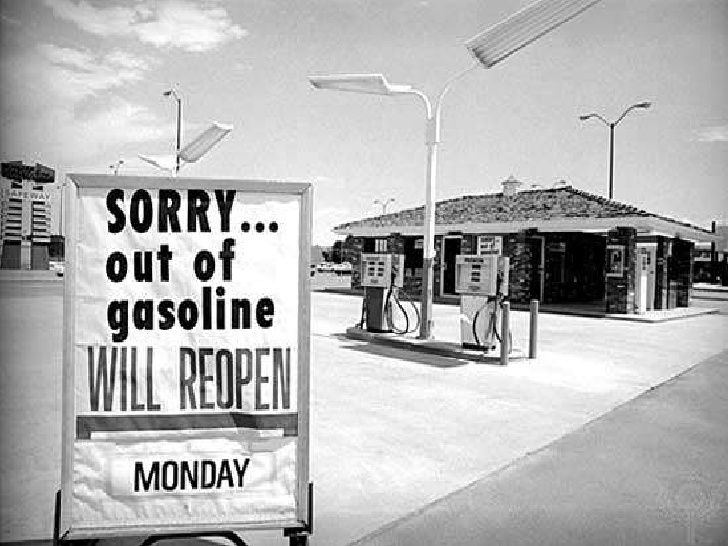
Mario Draghi, soon to become Italy's PM, has been hailed as the nonpartisan technocrat Italy needs to gets its house in order. But who is Draghi and is his brand of technocracy truly politically neutral? What can his journey tell us about European neo-liberalism past+present? 1/n
Draghi got his university degree at La Sapienza in Rome in 1970 under Federico Caffè, a strong critic of free trade and a committed Keynesian. Caffè saw social protection as key to a well-functioning society. He wrote for Il Manifesto, a socialist paper critical of the USSR. 2/n 

Between 1971+1976, Draghi lived in the United States, where he did a PhD at MIT. Here, he worked side-by-side with fellow economics students like Ben Bernanke and Paul Krugman. Everyone was talking about stagflation, the crisis of the hour, and Draghi's ideas began to shift. 3/n
M. Friedman and the Chicago School seemed to have a clear answer: get the state out of the way and "free" markets. The "MIT gang" came up with a more hybrid answer, which involved improving monetary and fiscal policy to revive the economy. 4/n nytimes.com/2015/07/24/opi…
Their commitments to the old Keynesian model were coming under fire from all sides: in tandem, socialists in Western Europe were tearing one another apart over how much they should commit to the free market in discussions on European integration + Spain's democratization. 5/n
The free-market wing of the German SPD gained influence within these debates. Enter the second oil crisis of 1979, which sent markets reeling. Maybe capitalism was the problem after all. Soon, socialists rose to power in France (Mitterand), Spain (Gonzalez), and Italy (Craxi).6/n 

But instead of implementing clear socialist policies, France, Spain and Italy went for 'market discipline,' in light of the accelerating European integration process. Older anti-capitalist, pro-nationalization, pro-Keynes visions twilighted. Draghi was a key player here. 7/n
In the 1980s + 1990s, Draghi worked in various positions for the socialist government of Bettino Craxi and the left-wing government of the former socialist Giuliano Amato. Draghi was a leading figure inaugurating the privatization of a flurry of state-owned companies in Italy.8/n 

These included Telecom, Enel, Uni, and Iri. In a famous speech from 1992, he argued privatization was needed to reduce debt, grow the GDP and encourage foreign and domestic investment. He recognized that privatization was a lot to ask for--and a huge change. 9/n
Privatization, he said, is "a political decision that shakes the foundations of our social-economic order and redraws the borders between the public and private sphere--borders whose existence has not been questioned for nearly 50 years." 10/n tinyurl.com/ybiuo7zl
Nonetheless, privatization was needed: "We consider this process--privatization accompanied by deregulation--inevitable because of European integration. Italy can promote it on its own, or it can be obliged to do so because of European legislation. We prefer the first route."11/n
Draghi then worked at Goldman Sachs (2002-5), at the Bank of Italy (2005-2011), and as President of the European Central Bank (2011-9), where he "saved the Euro" by pressuring states to consolidate their budgets and agree to structural reforms. 12/n tinyurl.com/2uvdepex 

Coming full circle, in 2014 Draghi celebrated his mentor Caffè who had taught him "it was necessary to end inequalities but also inefficiencies." Draghi was trying to hold together an antinomy: old socialist commitments to equality w classic neo-liberal appeals to efficiency.13/n
Today, Draghi pledges he will revive the Italian economy+address the country's national debt (the biggest in the EU!), while helping everyday people. Pundits be damned: this is no neutral vision. It's a specific politics to which Draghi+others have been committed for years. 14/n
Neo-liberalism "with a human face" has been tried; its failures partly explain the ascendance of right-wing movements in Europe. Will Draghi be Italy's savior? I'm not sure. But I am sure that his neo-liberal social democratic vision deserves our full attention and scrutiny. 15/n
[Folks who've written on similar topics: @AdamPrzeworski @stephaniemudge @DCSociologyWrd6 @samuelmoyn @sreidhenry @csmaier @SPGriffiths @adam_tooze @zeithistoriker @GaraviniG+Monica Prasad. But we're still at the beginning of understanding this impt ideological+political phenom.]
• • •
Missing some Tweet in this thread? You can try to
force a refresh


